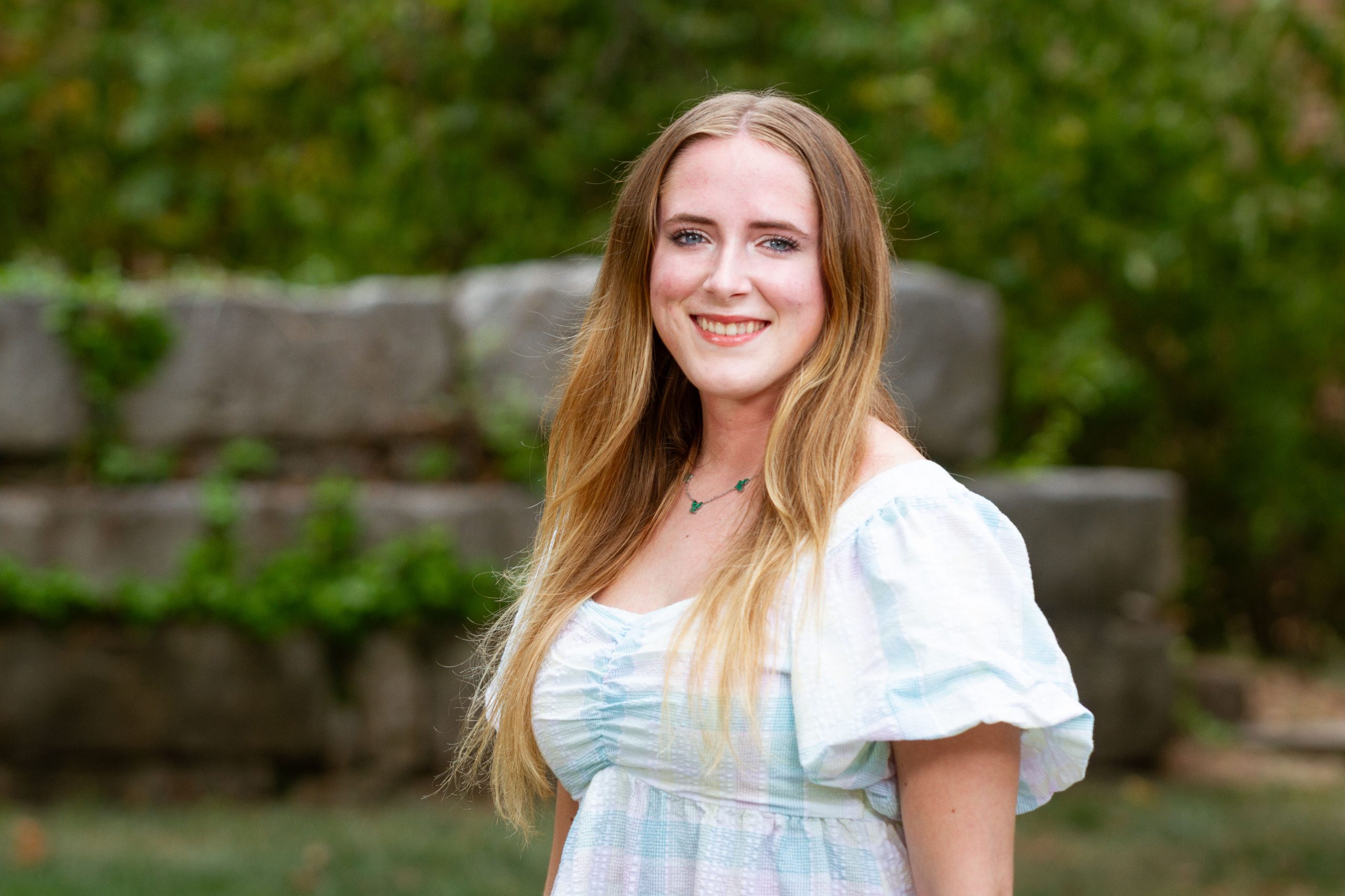GEW ’09: Ways You Can Help Celebrate Gifted Education Week in Kentucky
February 24, 2009 | Gifted Ed Week, News | No Comments
The following ideas for celebrating Gifted Education Week in Kentucky have been prepared by the Kentucky Association for Gifted Education. The original document may be found by clicking here.
1. Offer to write an article on gifted education for the school board or district publication or for posting on the website. Students who have a gifted in writing could do so as well.
2. Have students complete one of these statements, “Gifted Education is __________.” Or “Giftedness is like __________.” Make the statements into posters.
3. Prepare a report of successes of the gifted education services in your school district. Ask to be placed on the March or April board of education agenda and/or school council agenda for presenting the report.
4. Prepare a scrapbook focusing on gifted education. Include newspaper clippings about the services provided to gifted students. Let administrators, teachers, and parents check out the scrapbook. Display it in the local public library.
5. Conduct a Gifted Education slogan contest. Choose a slogan that describes gifted education in your district during Gifted Education Week. Use the slogan to decorate bulletin boards, classroom doors, newsletters, posters, store windows, etc.
6. Conduct a contest for posters that represent some aspect of gifted education. Display posters around school and in local stores. Award prizes, if feasible.
7. Describe services for gifted children in a poem. Set the poem to music using an original score or favorite tune. Save the song on tape or videotape a group of students reciting the poem.
8. Write essays on such topics as “Why gifted education is important,” “Why I like being a part of our gifted program,” etc. Submit the essays to magazines for publication.
9. Collect questions students and teachers have about gifted students and services. Afterwards, answer the questions and publish your responses.
10. Prepare and distribute an agenda to parents, teachers and administrators for special events related to Gifted Education Week.
11. Prepare a brochure titled “What is gifted education?” or “This is gifted education in the School District.” Distribute to community leaders.
12. Submit articles and pictures about gifted education, gifted students, and KAGE to the local newspaper and/or school paper for each day during Gifted Education Week. Articles might include explaining what Gifted Education Week is, your experience in the gifted program, activities for gifted students, etc.
13. Design a button, T-shirt, or flag about developing talents.
14. Each day of Gifted Education Week, display a quotation by a famous gifted person.
15. Create puppets, props and script to inform your audience about gifted education. Offer to PTA, Rotary, Lions Club, etc., as a program.
16. Contact your local library or other community facility to request permission to create a display case of projects.
17. Study famous gifted people. Select a favorite. Depict that person in a vignette. Share interesting anecdotes with others. Dress up in period costume to be that person for a day.
18. Wear your costume as you walk through town distributing brochures about services for gifted children, about special Gifted Education Week events, etc.
19. Plan an open-class day for your gifted classroom. Prepare a slide show or other presentation to portray your program. Write invitations to attend the “showing” to businesses, school board members, school council members, local press, etc.
20. Kick off Gifted Education Week with a continental breakfast for school personnel who are supportive of appropriate services for gifted children.
21. Invite members of the board of education and school council to visit your classroom during Gifted Education Week to see developing talents in action.
22. Sponsor a school-wide activity such as Career Day, International Day, etc.
23. Prepare “Question of the Day” for each day of Gifted Education Week. Display the questions so all students may participate by doing research and handing in their answers. If feasible, offer prizes.
24. Create brainteaser trivia games to distribute to other classes.
25. Have students write predictions about themselves and for their gifted classmates. Have them describe where they will be and what they will be doing in the year 2027. They should also respond to the questions: How did your gifted classes prepare you for the future? What more could have been done?
26. Conduct a “hats off” contest. Invent hats that represent outstanding gifted individuals by showing their characteristics, accomplishments, interests, etc.
27. Prepare a debate or panel discussion about a controversial aspect of gifted education.
28. Draw the ideal gifted classroom. Pretend you are not limited by space or money.
29. Design thought-provoking notebook stickers (instead of bumper stickers). Attach them with clear contact paper.
30. Write similes and metaphors about gifted education.
31. Write help wanted ads for creative thinkers, problem solvers, and mentors. Write job descriptions for parents of the gifted, teachers of the gifted, etc.
32. Purchase newspapers. Have a local paper and a major paper. Highlight all articles that deal with education, giftedness, and gifted people.
33. Have students write and pre-record 30-second public service announcements for broadcast on local radio stations.
34. Set up an interview on a local radio or TV station to discuss gifted issues, to describe the local services for gifted students, to explain how schools identify and encourage gifted students, and/or to describe local and state efforts of KAGE.
35. Ask local banks / businesses to advertise Gifted Education Week on their marquee or computerized signs.
36. Present the superintendent, president of the board of education, and/or building principal(s) with framed certificates of appreciation to hang in their offices or in the central office.
37. Prepare a packet of creative ideas for use in the regular classroom.
38. Write letters to the editor thanking school board members and/or school council members for their support of gifted education.
39. Contact the advertising sales department of the local newspaper in advance about reserving a whole page for a special Gifted Education Week ad. Approach local merchants about purchasing a portion of the page for their own message saluting gifted education.
40. Contact the Mayor to get a proclamation signed about Gifted Education Week. Call the Mayor’s office to find out the necessary procedure. Make a ceremony out of the signing and have photographs taken. County judges will also sign proclamations. Make a publicity event of the signing. Call the local media to cover or take your own photographs. Make photographs available to local newspapers along with an article on gifted education.
41. Inform your local newspaper, radio and TV about Gifted Education Week. Ask them to feature what’s happening in your district to meet the needs of gifted students.
42. Arrange an appointment with an administrator, school board member, or school council member to share outstanding aspects of gifted education.
43. Plan a workshop about a relevant aspect of gifted education for teachers, administrators, school board members, and school council members.
44. Create a newsletter for parents and community groups describing gifted education in your district. Have information about KAGE and an agenda for Gifted Education Week.
45. Invite a panel of gifted graduates to discuss pros and cons of their program experiences.
46. Hold an “open house” for parents, administrators, teachers, school board members, school council members, and community leaders. This would be a great forum for students’ speeches, skits, demonstrations, etc. Information about KAGE and special student programs such as Super Saturday Programs, Governor Scholar’s Program, and Governor’s School for the Arts, etc. could also be available. A carry-in supper or snack would complement the evening.
47. Arrange to speak to parent groups (PTA, PTO) and other community groups such as the Lion’s Club or other service clubs about the purpose of gifted education. Include a slide presentation or videotaped presentation, if appropriate.
48. Teach a six to ten week class on a topic or book you enjoy (e.g., Guiding the Gifted Child by James Webb). Begin or end the class during Gifted Education Week.
49. Write a letter to someone who inspired you to teach gifted students. Say, “Thanks!”
50. Write your legislators. Urge them to continue supporting Kentucky gifted education.
51. Prepare crates or folders of materials on various topics of interest to parents of the gifted (e.g., sibling relationships, underachievement, and summer opportunities). Be sure the materials are all checked out during Gifted Education Week.
52. Check the public library for current books on “gifted” or “gifted education.” Talk with the librarian about purchasing books on the topics (be prepared with a list of suggested books). Make a request to a parent group to purchase a book(s) on “gifted” or “gifted education” for the public library. Make a public presentation of the book(s) to the librarian.
53. Call the local media to cover your special activities or take your own photographs and do a write up. Make available to local newspapers along with an article on gifted education.
54. Divide a classroom into groups. Challenge each group to plan a bulletin board for gifted education week. Emphasize that this is a planning session only. Let it evolve naturally. Allow the students 15 minutes to plan and prepare an oral presentation of their ideas to the class. At the end of 15 minutes, have the groups share ideas. Let the class select one for implementation. (This activity could be a lead in to a study of leadership in relation to a task.)


